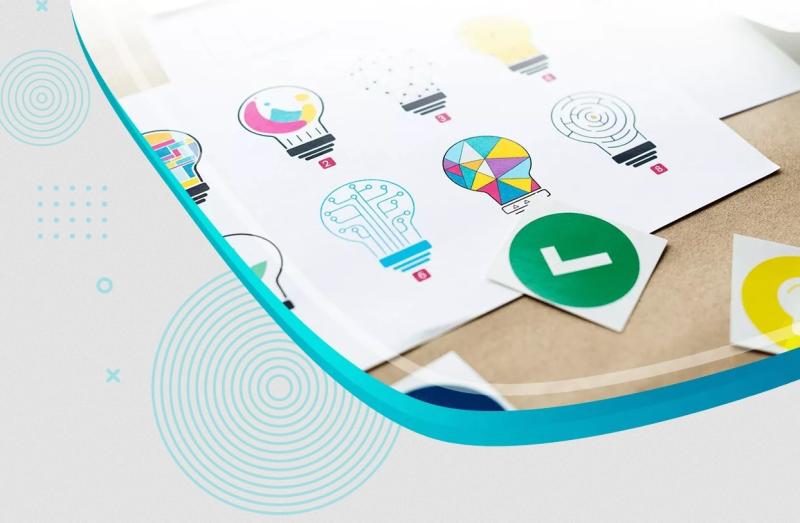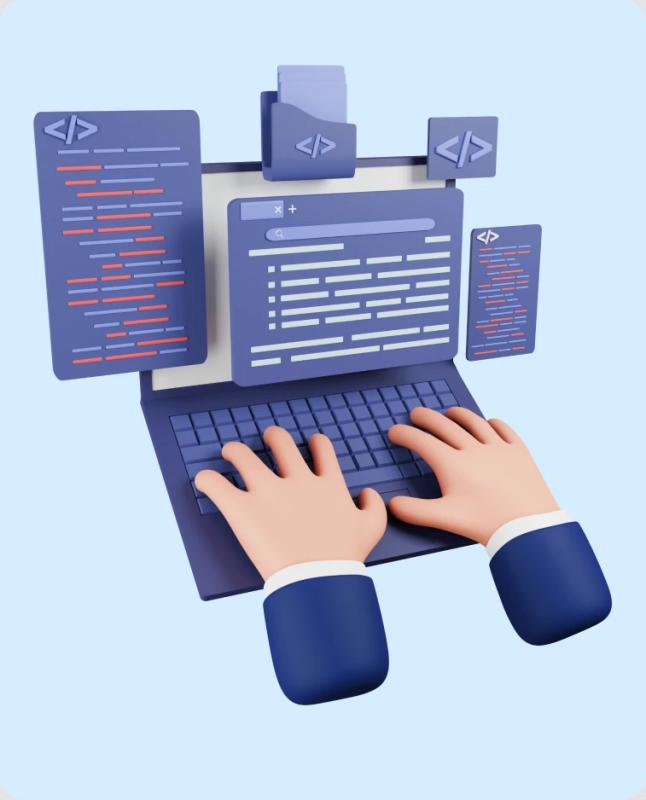Neurodivergent Coaching: Empowering Unique Minds

In a world designed for the neurotypical, many individuals find themselves struggling to fit in. People with neurodivergent conditions, such as ADHD, autism, dyslexia, and other cognitive differences, often face unique challenges that require tailored support. This is where neurodivergent coaching comes in. A neurodivergent life coach helps individuals harness their strengths, develop coping strategies, and navigate a world that wasn’t built with their needs in mind.
What is Neurodivergent Coaching?
Neurodivergent coaching is a specialized form of life coaching designed for people whose brains function differently from the so-called "norm." Instead of focusing on what society expects, neurodivergent coaching works with each individual’s unique strengths and challenges. Whether someone is diagnosed with autism, ADHD, dyslexia, or any other condition under the neurodivergent umbrella, this type of coaching can offer significant support.
A neurodivergent life coach understands that traditional methods of coaching or therapy might not be effective for everyone. They focus on individualized approaches that cater to the specific cognitive styles of their clients. Instead of trying to "fix" differences, they work with their clients to leverage those differences to their advantage.
Why Neurodivergent Coaching is Important
Many neurodivergent individuals often feel misunderstood or undervalued in environments that cater to neurotypical standards. They may face challenges in areas such as time management, organization, communication, and social interactions. In traditional coaching settings, these issues may not be adequately addressed, leaving individuals feeling stuck or frustrated.
A neurodivergent life coach provides a safe space for clients to explore their unique needs. They understand that neurodivergent people may require different tools, methods, and strategies to succeed. This is crucial because neurodivergent coaching acknowledges that there is no "one-size-fits-all" solution.
The Role of a Neurodivergent Life Coach
The role of a neurodivergent life coach goes beyond offering advice. They work collaboratively with clients to identify their goals, challenges, and strengths. Coaching sessions are often structured around practical problem-solving, emotional support, and skill-building.
Here’s how a neurodivergent life coach can help:
1. Goal Setting
A neurodivergent life coach assists clients in setting realistic, achievable goals. Many neurodivergent individuals struggle with long-term planning or staying focused on tasks. With personalized support, they can break down their larger goals into manageable steps.
2. Time Management and Organization
Time management is a common challenge for people with ADHD and other neurodivergent conditions. Neurodivergent coaching can help individuals find systems that work for their unique cognitive patterns. Whether it’s using visual schedules, reminders, or digital tools, a coach can provide techniques to manage time more effectively.
3. Communication and Social Skills
Social situations can be difficult for neurodivergent individuals, especially those with autism. Neurodivergent coaching can provide guidance on improving communication and social skills, such as understanding body language, maintaining eye contact, and navigating conversations.
4. Emotional Regulation
Emotional regulation is another area where neurodivergent individuals may need support. A neurodivergent life coach helps clients develop techniques for managing emotions, stress, and overwhelm. This might involve mindfulness practices, cognitive-behavioral techniques, or relaxation exercises.
5. Self-Advocacy
One of the most empowering aspects of neurodivergent coaching is teaching clients how to advocate for themselves. Whether it’s in the workplace, educational settings, or social situations, learning to communicate their needs and boundaries is essential for neurodivergent individuals.
How Neurodivergent Coaching Differs from Traditional Coaching
Traditional life coaching typically follows a standardized approach, which may not account for the specific needs of neurodivergent individuals. Neurodivergent coaching, on the other hand, embraces diversity in thought and behavior. A neurodivergent life coach tailors strategies to fit the cognitive styles and preferences of their clients.
For example, many neurotypical coaching techniques emphasize long-term planning, abstract thinking, and verbal processing. However, neurodivergent individuals may excel with visual aids, concrete steps, and nonverbal communication. The flexibility of neurodivergent coaching allows for these adjustments, making it more effective for those who think differently.
Benefits of Neurodivergent Coaching
There are numerous benefits to working with a neurodivergent life coach:
- Increased Confidence: Coaching can help individuals understand their strengths and feel more confident in their abilities.
- Better Focus: By implementing tailored strategies, individuals can improve their focus and attention span.
- Improved Relationships: With enhanced communication skills, neurodivergent people often find it easier to form and maintain relationships.
- Greater Life Satisfaction: Neurodivergent coaching enables clients to live more fulfilling lives by aligning their goals with their true selves.
Finding the Right Neurodivergent Life Coach
When seeking a neurodivergent life coach, it’s essential to find someone who has experience working with neurodivergent individuals. A good coach should be patient, empathetic, and knowledgeable about neurodivergent conditions. They should also be flexible in their approach, adapting their methods to suit the needs of their clients.
Additionally, many coaches offer online services, making it easier for neurodivergent individuals to access support from the comfort of their homes.
Conclusion
Neurodivergent coaching offers a powerful solution for individuals who need support navigating a world that isn’t always accommodating to their needs. By working with a neurodivergent life coach, clients can develop personalized strategies for success, improve their emotional well-being, and lead more fulfilling lives. This type of coaching empowers individuals to embrace their unique cognitive differences and use them to their advantage.









Comments